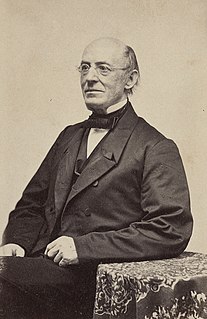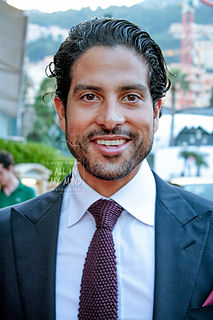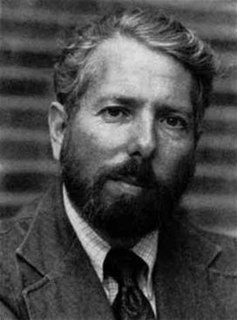A Quote by Samuel Smiles
So much does the moral health depend upon the moral atmosphere that is breathed, and so great is the influence daily exercised by parents over their children by living a life before their eyes, that perhaps the best system of parental instruction might be summed up in these two words: 'Improve thyself.'
Related Quotes
What is less often noticed is that it is precisely the kind of moral instruction that parents are constantly trying to give their children — concrete, imaginative, teaching general principles from particular instances, and seeking all the time to bring the children to appreciate and share the parent's own attitudes and view of life… The all-embracing principles of conduct
. . . What role does historiography play in the way a society and culture "remembers" past events? Does the historian have a moral or civic responsibility to this project of memory that ought to influence the way he or she engages in historical practice? Should moral concerns influence the historian's choice of subject matter, of issues to discuss, of evidence to use?
I'm really trying to dredge up what one might call intellectual and moral material. For example, when do you realize that you are an American? What age does that happen to you? When do you realize what religion your parents practice? When does it all become conscious? I was interested in exploring all of that.
Although a person acting under authority performs actions that seem to violate standards of conscience, it would not be true to say that he loses his moral sense. Instead, it acquires a radically different focus. He does not respond with a moral sentiment to the actions he performs. Rather, his moral concern now shifts to a consideration of how well he is living up to the expectations that the authority has of him.
For a wonderful physical tie binds the parents to the children; and - by some sad, strange irony - it does not bind us children to our parents. For if it did, if we could answer their love not with gratitude but with equal love, life would lose much of its pathos and much of its squalor, and we might be wonderfully happy.
Let's just call things what they are. When a man's love of finery clouds his moral judgment, that is vanity. When he lets a demanding palate make his moral choices, that is gluttony. When he ascribes the divine will to his own whims, that is pride. And when he gets angry at being reminded of animal suffering that his own daily choices might help avoid, that is moral cowardice.
Abstract systems depend on trust, yet they provide none of the moral rewards which can be obtained from personalised trust, or were often available in traditional settings from the moral frameworks within which everyday life was undertaken. Moreover, the wholesale penetration of abstract systems into daily life creates risks which the individual is not well placed to confront; high-consequence risks fall into this category. Greater interdependence, up to and including globally independent systems, means greater vulnerability when untoward events occur that affect those systems as a whole.



































